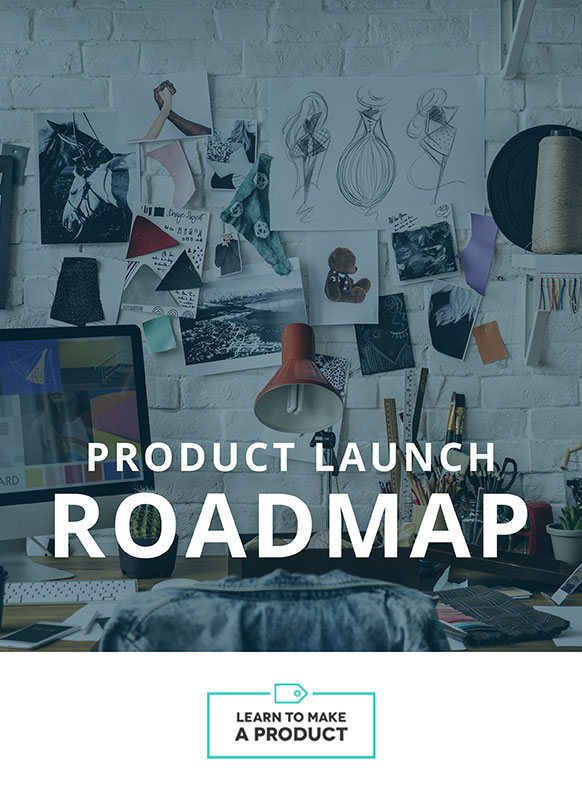
If you are manufacturing and selling physical products, you’ll need various partners and platforms to run your business.
Here are some of the most popular tools used by e-commerce entrepreneurs in the Learn To Make A Product community:
- Shopify– Get a super-professional, functional website – easy to manage on the backend – and that connects with a bunch of helpful shipping and promo apps!
- Fiverr – Fiverr is great for accomplishing low-cost, project-based work, such as simple graphic design projects, product photography, or keyword research for SEO.
- Pickfu – Want consumer feedback in minutes? Pickfu makes it easy to get feedback about your product, logo, packaging and more.
- Storetasker – Need help building and managing your Shopify store? Find affordable taskers who can assist you.
- Packlane – The most beautiful custom shipping boxes! Wow your customers with a branded delivery experience plus get $25 off your first order
- Creative Market – Beautiful, easy to use templates for pitch decks, social media graphics, landing pages and more
- Design Contest – Let graphic designers compete for your business! Host a design contest for logos, branding guides, product artwork and more.
- Aliexpress– Search for things like hang tags, hardware and other components from international suppliers. Lots of private label products too.
- Shipstation – Want to make money while you sleep? Use a site like Shipstation to handle all your fulfillment. Just ship finished product to their warehouse and they’ll do the rest.
- Shipmonk – Shipmonk is another great way to fulfill customer orders. Just send them your inventory and they’ll ship to your customers so you don’t have to.
- Incfile – Planning on trademarking your logo or product name? Incfile handles Trademark applications at a reasonable price.
- RocketLawyer – Customize important legal docs like Non-Disclosure Agreements, Provisional Patent Applications, and a host of incorporation materials. You can also use their ‘Ask A Lawyer’ program to get affordable legal guidance.
- Quickbooks Online – It’s VERY important to track your expenses, even when you’re just starting out. Plus, if you’re an LLC, you’ll need to submit a P&L and Balance Sheet to your accountant when it’s time to do taxes. Quickbooks automatically connects to your bank account as well as selling platforms like Shopify and Paypal.
- Convertkit – Manage email marketing like a pro. When someone checks out with a product on your website, you can assign them a certain tag, and then trigger a series of automated emails (i.e suggest more products, collect feedback etc) over days, weeks or months.
- Build a StoryBrand – Clarify your brand message so that people buy your product. Enough said!
